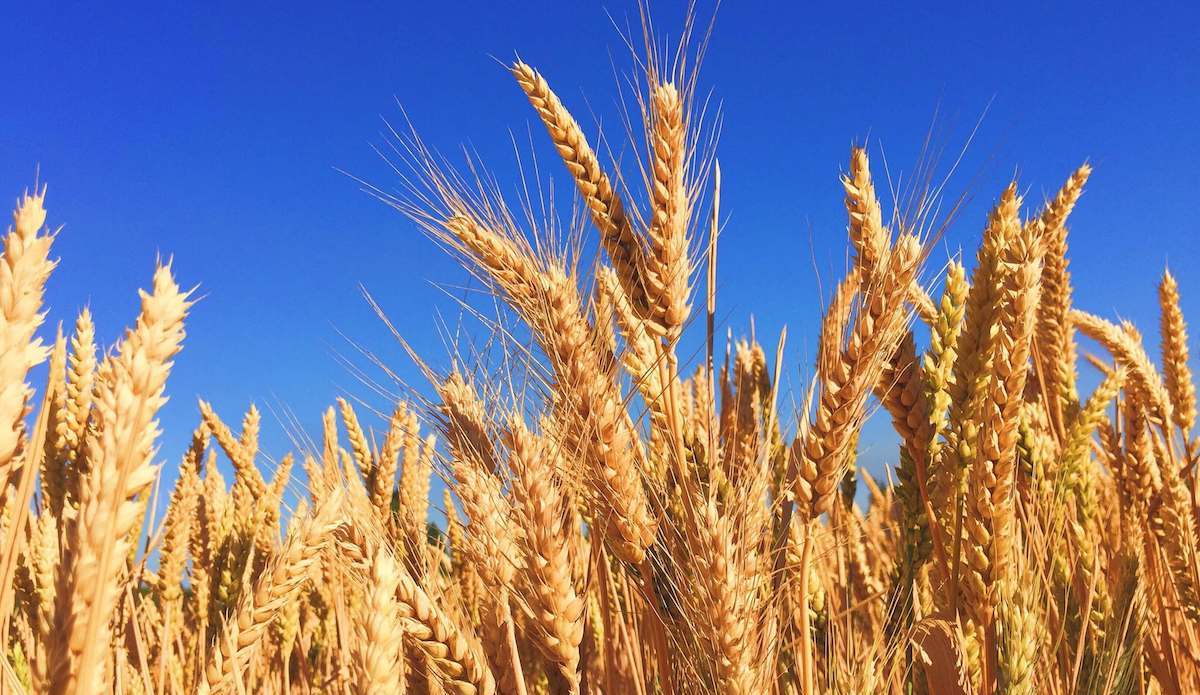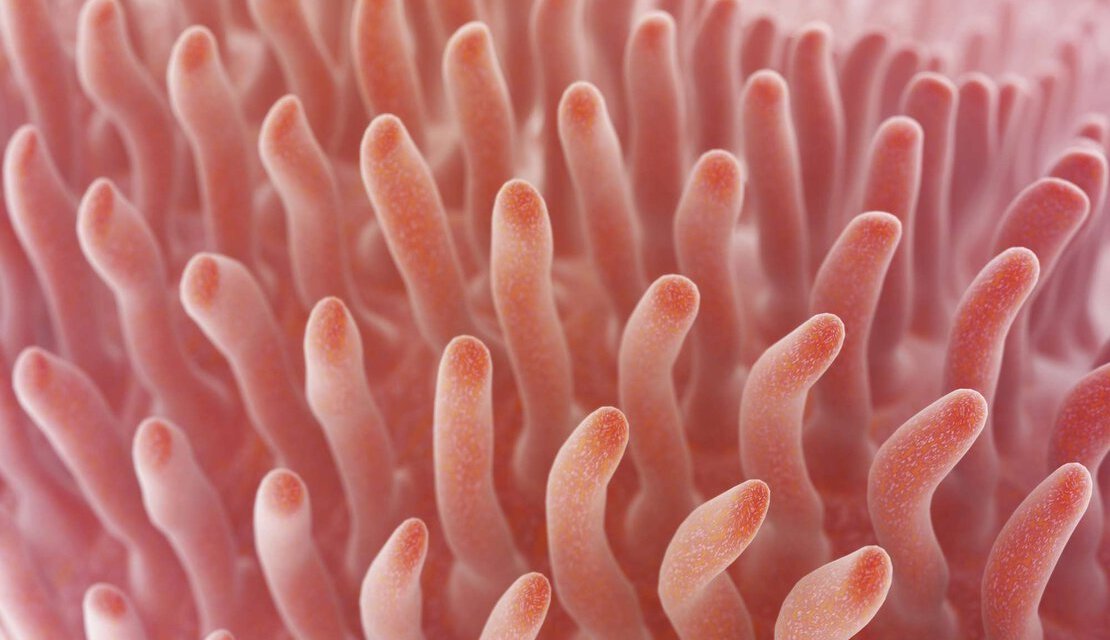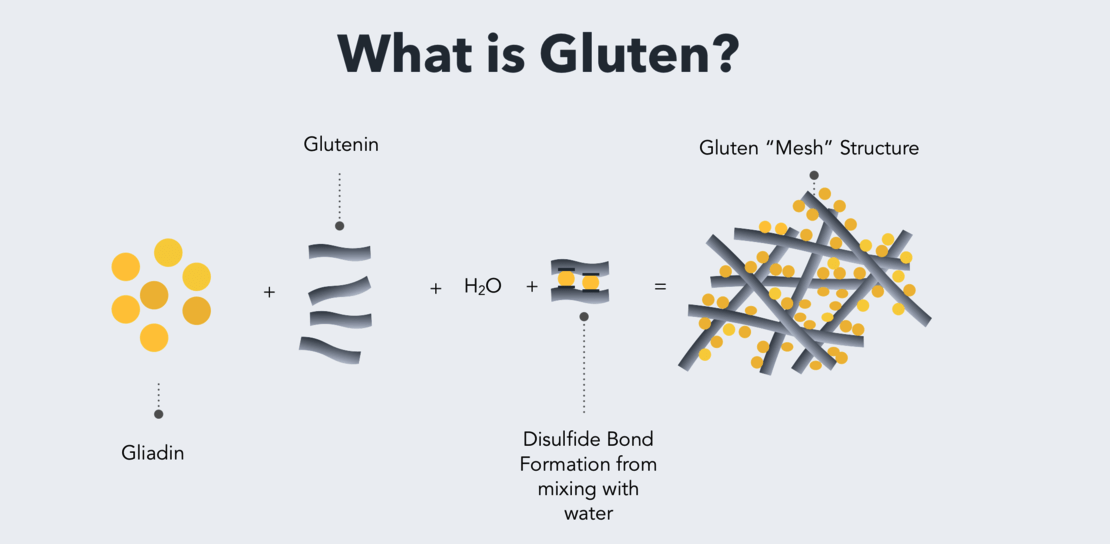I made a free food allergy translation app
I travel a lot, which has historically meant buying new food allergy cards for each country if I..

Celiac disease is an autoimmune disease that affects the small intestine. Other names for this disease include coeliac disease, celiac sprue, and gluten-sensitive enteropathy. People with celiac disease can cause serious damage to their intestines by consuming even small amounts of gluten. The autoimmune reaction that occurs when ingesting gluten causes their body to attack itself. This damages the body’s villi, which are projections in the lining of the small intestine that help absorb nutrients from food. Damage to the villi makes absorption of nutrients from foods difficult, which can cause all sorts of health problems.

Let untreated, those with celiac disease can suffer from a wide range of health issues, such as:

Around 1 in 100 people suffer from celiac disease. It’s a hereditary disease. If someone in your immediate family has celiacs, you have a 1 in 10 chance of developing the disease. Celiacs disease manifests over time and can be triggered by a traumatic physical event if you already have the genetic predisposition to the disease.
Some possible triggers:
Currently, the only treatment for celiac disease is a lifelong avoidance of any foods containing gluten. Gliadin and glutenin are the building blocks of the gluten protein that triggers reactions in those with celiac disease. These proteins can be avoided by cutting out wheat, barley, and rye from the diet. Even small amounts of gluten can trigger a harmful autoimmune response in a person with celiac disease, so it’s important to take this diet seriously in order to stay healthy.

If you’re newly diagnosed, don’t despair! I promise it gets better. There has never been a better time in history to be diagnosed, as there are now many great resources for living well with celiac disease, and tons of gluten free restaurants and food companies. As your tastebuds adjust to new flavors and textures that may have previously been foreign to you, you might be pleasantly surprised to discover that you now have a reason to explore many new foods and cultures. Of course, there are also great gluten-free recipes that replicate familiar foods as well! There are plenty of creative and traditional options to make a gluten free diet enjoyable and nourishing.